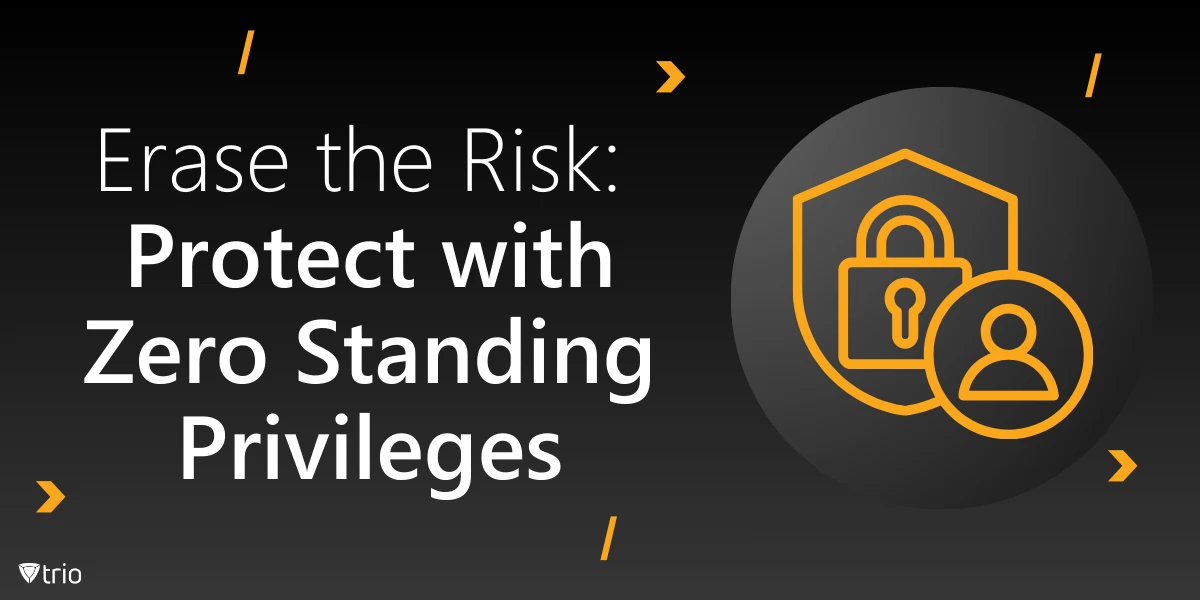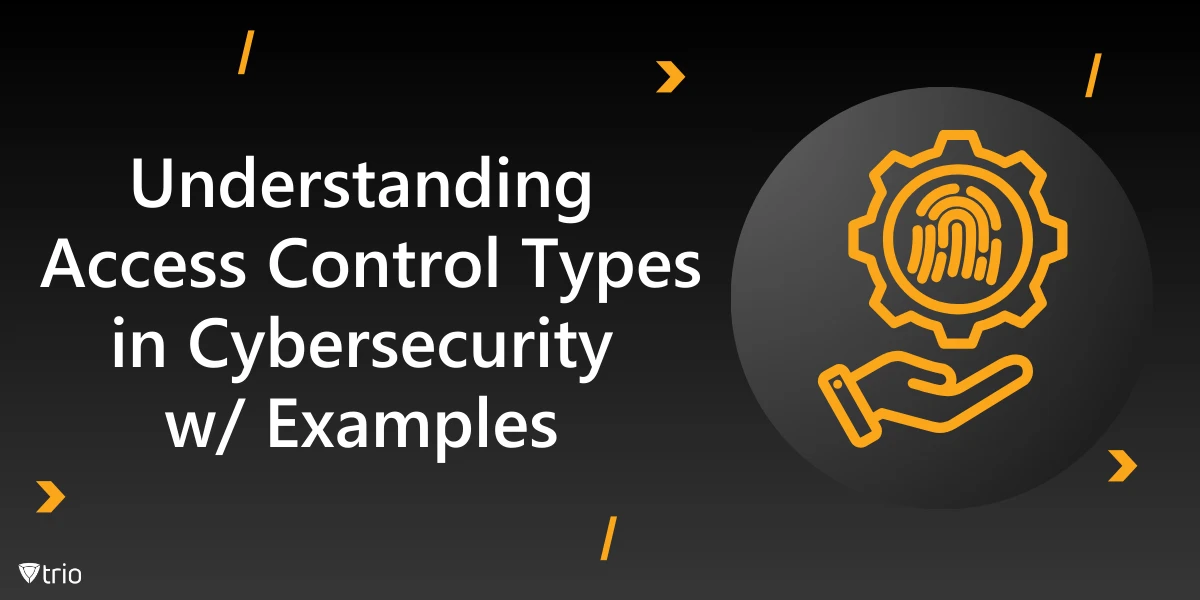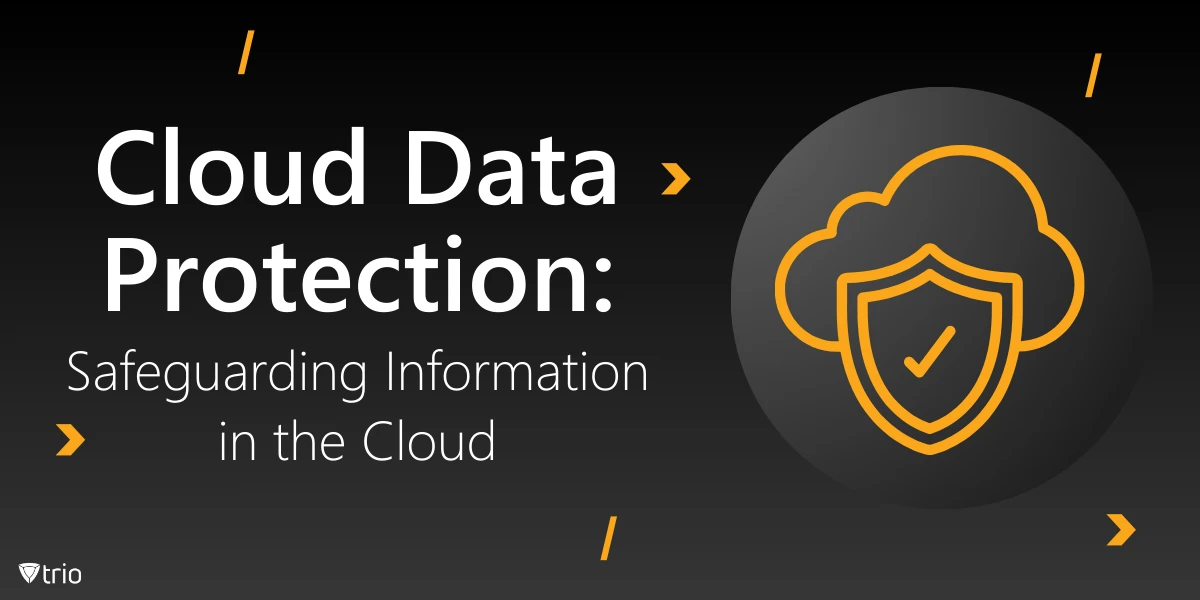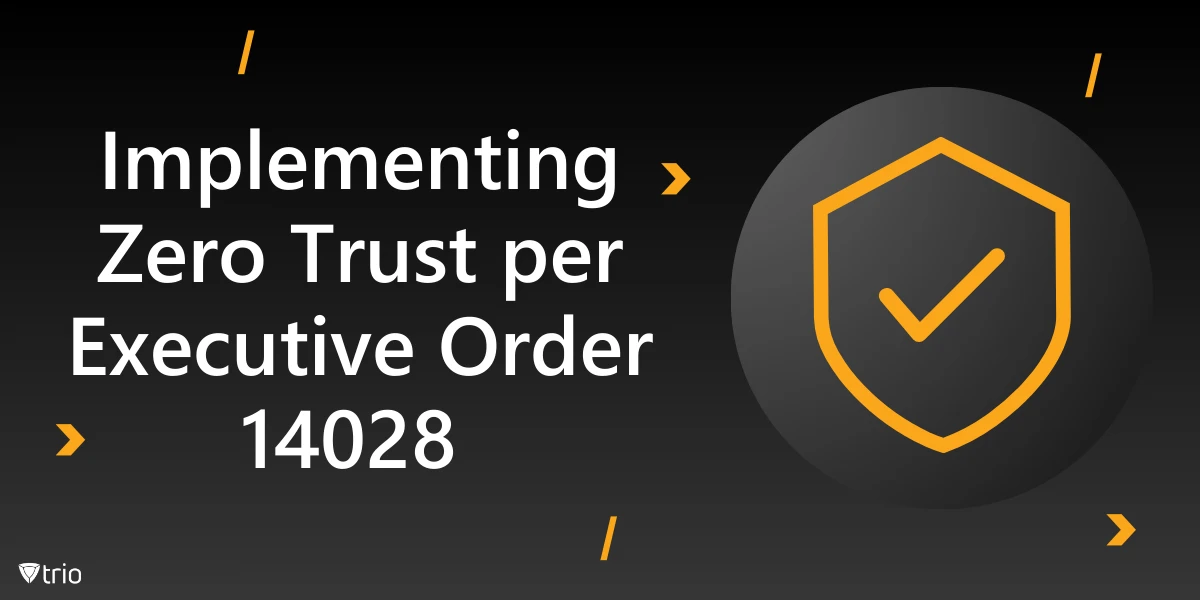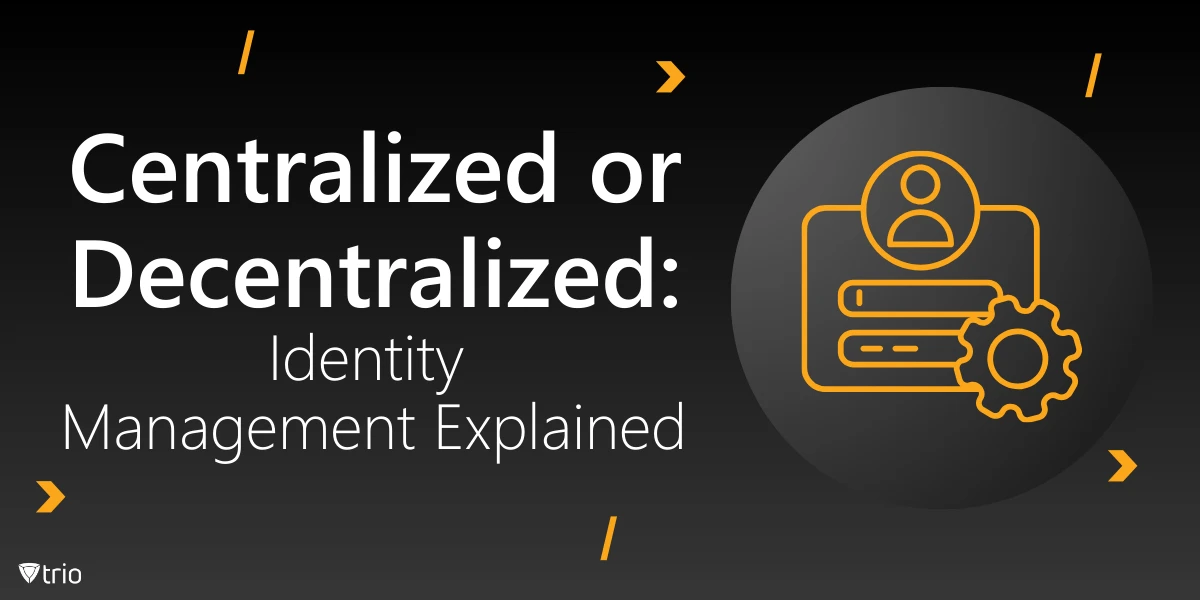Employee monitoring, whether it be monitoring data, tracking employee attendance, or tracking employee work at their homes, has been on the rise. According to The Independent, the type of surveillance that organizations are trying to pursue has been shown to backfire and make workers less productive. At the same time, organizations need to know that their workers are doing their jobs, and they can’t always wait for the results to come at the end of the month, season, or year. So, what is an organization to do? What happens when organizations have BYOD policies where employees bring their own devices to work yet use data that is important to the company? There may be a fine line that allows organizations to consider some factors in order to monitor their employees ethically. Read on to find out more.
Why Do Organizations Need to Monitor Employees?
Employee monitoring provides valuable insights into employee activities, helping organizations identify areas for improvement, detect potential threats, and maintain a secure working environment. In today’s dynamic work environment, the need for employee monitoring has become increasingly apparent. As organizations strive for efficiency and productivity, they must also ensure compliance with regulations, protect sensitive data, and mitigate security risks.
Moreover, with the rise of remote work and flexible schedules, traditional methods of supervision may no longer suffice. A few days ago, according to the Independent, the accountancy firm EY’s senior partners found that some employees weren’t attending work as scheduled by analyzing office entry turnstile data. Employee monitoring solutions offer a way for employers to keep track of remote workers’ activities, ensuring that work is being completed efficiently and effectively, regardless of location or time zone.
Ethical Considerations in Employee Monitoring
Ethical considerations in employee tracking are paramount to ensuring a respectful and fair workplace environment. Here are some key ethical considerations to keep in mind:
- Transparency: Employees should be informed about the types of monitoring being conducted, the purposes behind it, and how their data will be used. Transparent communication helps build trust and fosters a sense of accountability among employees.
- Consent: Employers should obtain explicit consent from employees before implementing any tracking or monitoring systems. Consent should be freely given, informed, and specific to the type of monitoring being conducted.
- Minimization of Intrusion: Employee monitoring should be limited to what is necessary for legitimate business purposes. Employers should avoid intrusive monitoring practices that unnecessarily infringe upon employee privacy.
- Data Security: Employers have a responsibility to protect the data collected through monitoring systems from unauthorized access, misuse, or breaches. Robust security measures should be in place to safeguard sensitive information.
- Proportionality: The extent of monitoring should be proportional to the risks and objectives of the organization. Employers should avoid excessive or disproportionate monitoring that goes beyond what is necessary for legitimate business purposes.
- Fairness: Monitoring should be applied consistently and fairly across all employees, without discrimination or bias. Employees should not be singled out or targeted based on personal characteristics such as race, gender, or religion.
- Employee Rights: Employers should respect employees’ rights to privacy, freedom of expression, and autonomy in the workplace. Monitoring should not be used as a means of micromanaging or controlling employees’ behavior outside of work-related activities.
- Accountability: Employers should establish clear policies and procedures for employee monitoring, including mechanisms for addressing complaints, grievances, and violations of privacy rights. Accountability ensures that monitoring practices are conducted in a responsible and ethical manner.
Conclusion
In conclusion, as organizations navigate the complexities of monitoring their employees, it is crucial to strike a delicate balance between accountability and privacy. Ethical considerations must guide the implementation of monitoring solutions, ensuring that they serve the legitimate needs of the organization while respecting the rights and dignity of employees.
Know about news
in your inbox
Our newsletter is the perfect way to stay informed about the latest updates,
features, and news related to our mobile device management software.
Subscribe today to stay in the know and get the most out of your mobile
devices with our MDM solution app.
Recent Posts
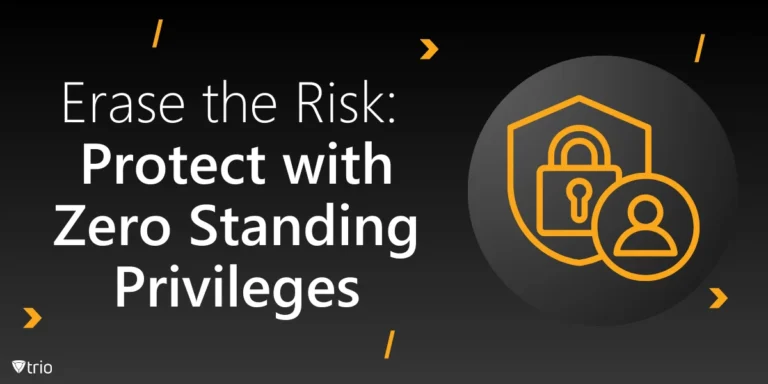
Erase the Risk: Protect with Zero Standing Privileges
Learn how zero standing privileges eliminate persistent access rights, enhance data security and reduce the risk of unauthorized access.
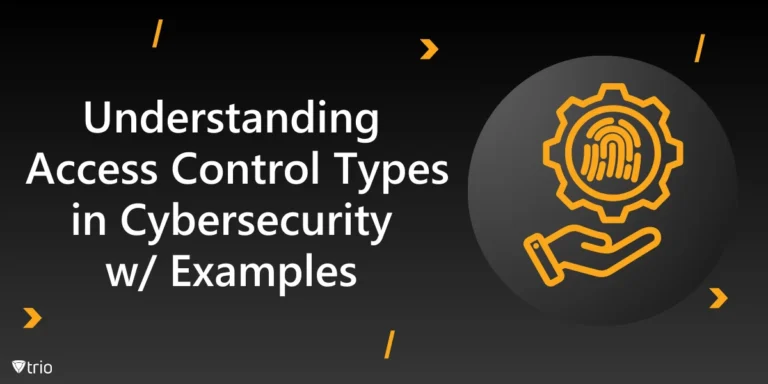
Understanding Access Control Types in Cybersecurity w/ Examples
Thorough understanding of access control types & the knowledge to make informed decisions about implementing security measures in your organization.
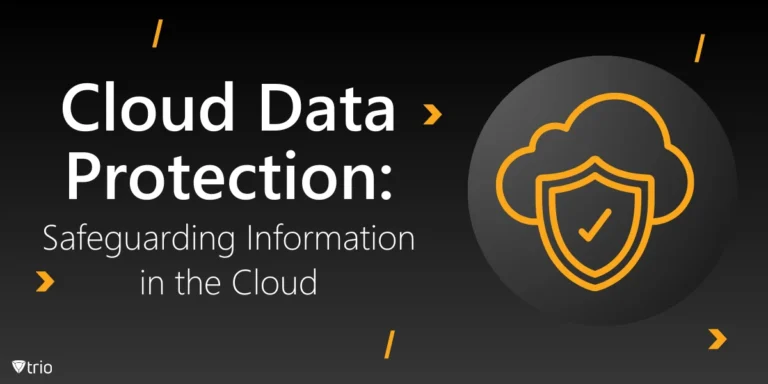
Cloud Data Protection: Safeguarding Information in the Cloud
Learn essential strategies for robust cloud data protection, exploring tools, best practices, and policies that safeguard sensitive information.

